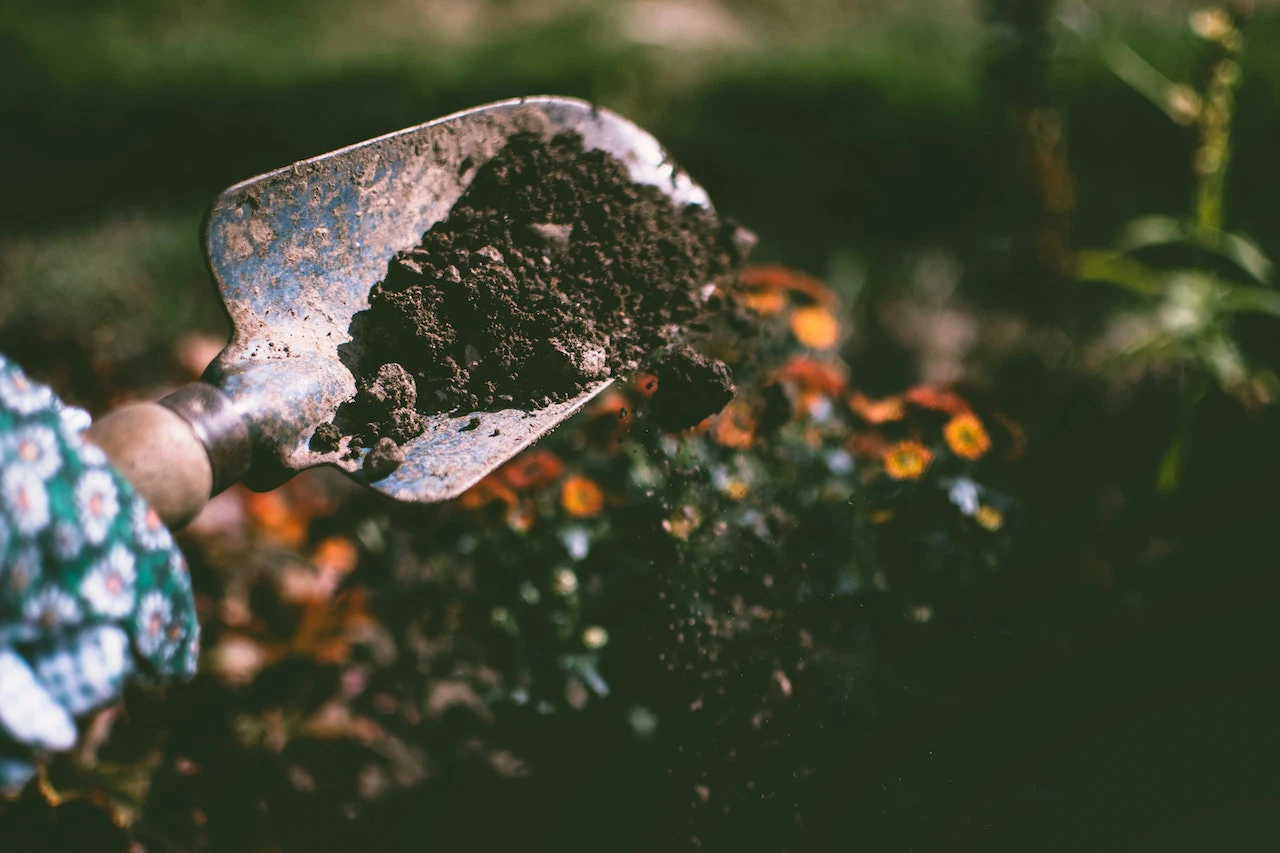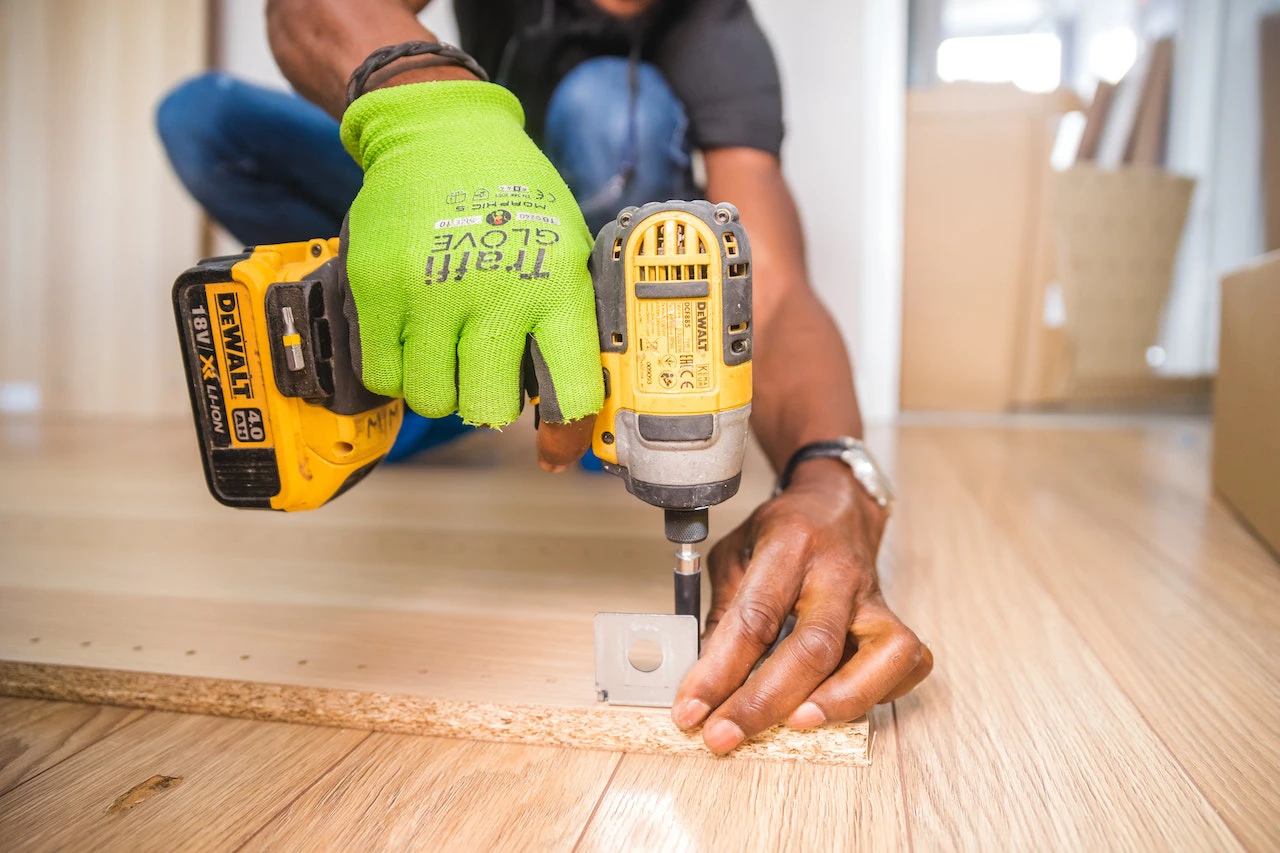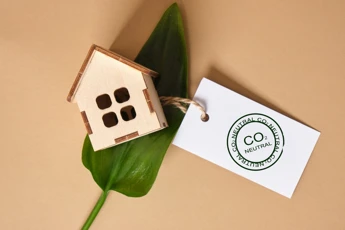The home, as a central hub of daily activities, offers a prime opportunity to make meaningful contributions towards waste reduction. By adopting mindful practices and making conscious choices, you can significantly minimise your household's waste footprint. Here are nine effective ways to do just that:

1. Reduce, reuse, and recycle
Remember the three Rs that have become the cornerstone of waste reduction: reduce, reuse, and recycle. Prioritise reducing your consumption by being more intentional about what you purchase. When possible, opt for reusable items (straws, for instance) instead of disposables, and always recycle materials that can be processed and turned into new products.
2. Turn waste into nutrient-rich soil
Composting is a fantastic way to divert organic waste from landfills and create nutrient-rich soil for your garden. Food scraps, yard waste, and even some paper products can be composted, reducing landfill waste and benefiting your garden's health.
3. Stop using single-use plastics
Plastics, particularly single-use items like bags, bottles, and straws, contribute significantly to environmental pollution. Make a conscious effort to avoid single-use plastics by using reusable alternatives, such as cloth bags, stainless steel bottles, and glass containers.
4. Buy in bulk
Buying in bulk reduces packaging waste and often saves money in the long run. Bring your own reusable containers to stores that offer bulk goods such as grains, nuts, and spices. This simple switch can significantly cut down on plastic and paper packaging waste.


5. DIY and upcycling
Get creative and turn old items into something new through DIY and upcycling projects. Repurpose glass jars into storage containers, transform worn clothing into stylish accessories, or breathe new life into furniture with a fresh coat of paint.
6. Opt for products with sustainable packaging
When making purchasing decisions, opt for products that come in eco-friendly or minimal packaging. Look for products packaged in recyclable materials or those that use innovative, sustainable packaging solutions (such as meat packaging made entirely from cardboard and recyclable plastics).
7. Try to reduce food waste
Food waste is a major contributor to household waste. To help fight this, you can plan meals, create shopping lists, and store food properly to minimise spoilage. Leftovers can be repurposed into new dishes, and food scraps can be composted.
8. Donate and freecycle unwanted items
Before discarding unwanted items, consider donating them to local charities or organisations. Freecycle platforms and community groups also provide avenues for giving away items you no longer need, helping them find new homes and reducing waste.
9. Repair old appliances
Before deciding to throw away that old toaster and buy a new one - make an attempt to fix it (or at least get it fixed!). With the abundance of online guides and YouTube tutorials available, repairing an item like a toaster or hairdryer can become easy! By repairing old appliances you can stop them filling up landfills. Always ensure you look up how to do this in a safe and reliable manner.
A collective effort
Reducing waste in your home isn't just an individual effort; it's a collective commitment to safeguarding our planet for future generations. By incorporating these nine effective strategies into your home, you can significantly decrease your household's waste production and contribute to a more sustainable and eco-friendly lifestyle.
If you're interested in purchasing a sustainable home, talk to one of our expert advisers today about green mortgages!
Important information
Your home may be repossessed if you do not keep up repayments on your mortgage.
There may be a fee for mortgage advice. The actual amount you pay will depend on your circumstances. The fee is up to 1% but a typical fee is 0.3% of the amount borrowed.







